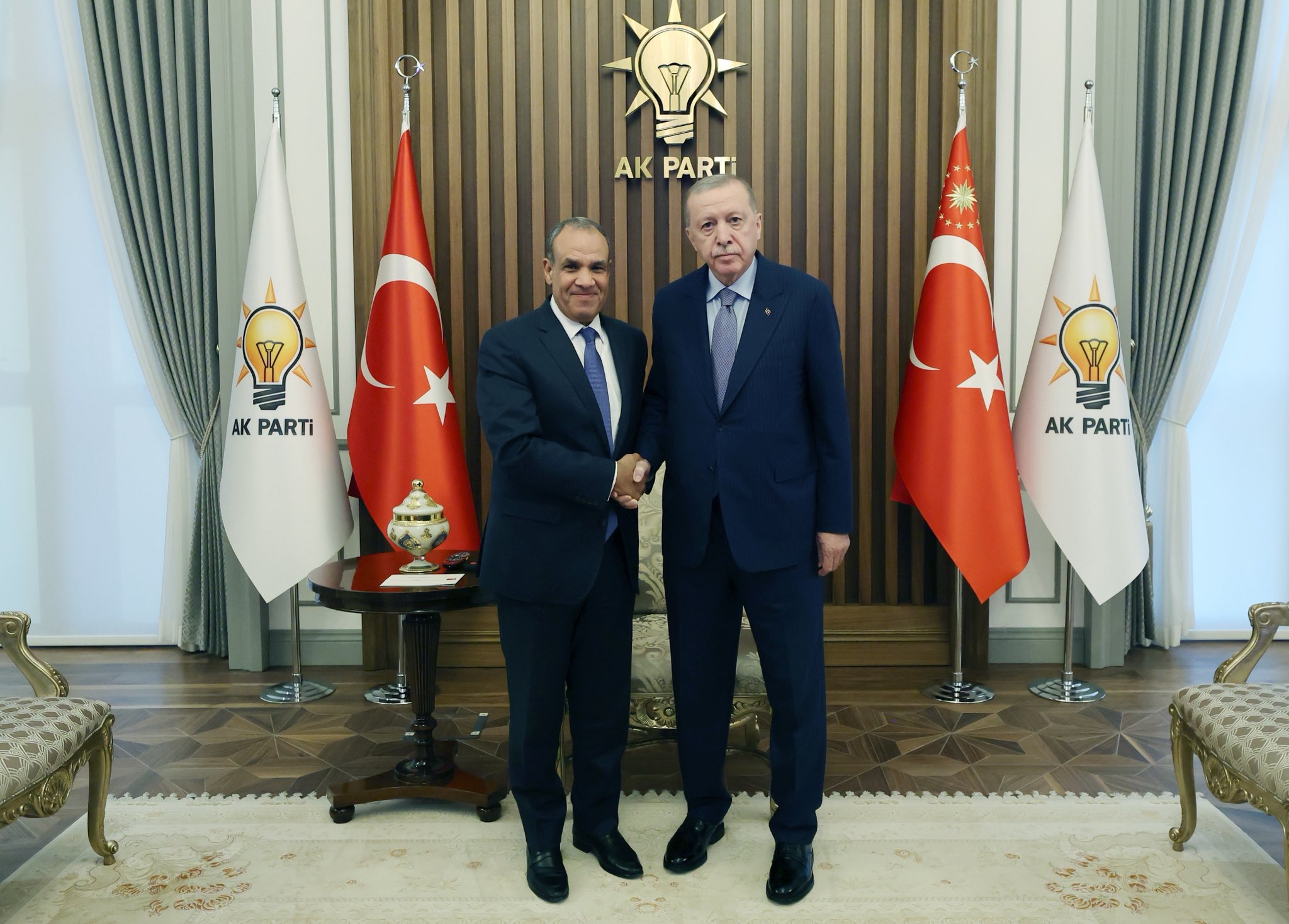
The foreign ministers of Turkey and Egypt met in Ankara on Wednesday for the first session of the Joint Planning Group. Egyptian Foreign Minister Badr Abdelatty was also received by President Recep Tayyip Erdoğan. Such routine meetings, which Turkey holds with many countries, provide a useful moment to review where relations stand and how current dynamics may shape future cooperation.
Gaza: Cooperation Shaped by Competition
The fragile ceasefire in Gaza is the clearest example of recent cooperation between Ankara and Cairo. The joint statement following the Ankara meeting reaffirmed support for the Sharm El-Sheikh summit of 13 October and the comprehensive plan announced on 29 September 2025 to end the war. At their joint press conference, Abdelatty stressed that any international stabilization force being discussed at the UN should be for peacekeeping, not for imposing peace, a stance strongly supported by Turkey.
Still, the Gaza file also highlights competition. Reports indicate that Egypt opposes any Turkish troop deployment in Gaza, fearing expanded Turkish influence. Egypt also did not attend the meeting in Istanbul hosted by Foreign Minister Hakan Fidan with several Muslim-majority countries to discuss Gaza. This reflects Cairo’s determination to maintain its central role in the ceasefire process, which has catapulted Egypt to the center of Middle Eastern diplomacy.
Nonetheless, Egypt still needs Turkish engagement. This month, Cairo will host a high profile international conference for reconstruction of the Gaza Strip. The letter that Minister Badr Abdelatty conveyed from President Sisi to Erdoğan regarding coordination on Gaza may include an invitation to the conference as well.
Economic Relations: Deep Engagement With Uneven Effects
Economic ties remain one of the strongest components of the relationship. Both governments aim to raise bilateral trade to $15 billion. During the Turkey–Egypt Roundtable Meeting in Ankara, TOBB President Rifat Hisarcıklıoğlu stated that Turkish firms have about $3 billion in investments in Egypt, with 200 companies operating there, employing roughly 100,000 Egyptian workers. Egyptian Foreign Minister Abdelatty responded that they will offer all possible facilitation.
However, the picture is less positive when investment leads to job losses in Turkey. In October, a major textile firm in Turkey shut down its factory in the Aksaray Organized Industrial Zone and moved production entirely to Egypt, leaving around 1,500 workers unemployed. Although the company did not publish a formal explanation, it is widely understood that rising production costs in Turkey contributed to the move.
Libya: A Controlled Disagreement
Although tensions have eased in Libya compared to previous years, it continues to be a file where cooperation coexists with mistrust. Turkey’s military intervention in 2019 was essential in stopping the advance of General Khalifa Haftar and protecting Ankara’s partners in Tripoli. Since then, Turkey has maintained a military presence and built new channels with Haftar’s circle, including repeated visits by his son to Ankara. In April 2025, Saddam Haftar, deputy commander of the Libyan National Army and son of Khalifa Haftar, visited Ankara for official talks with Turkish Defense Minister Yaşar Güler.
Egypt views Turkish military presence in Libya with caution. During his visit, Abdelatty repeated Egypt’s position: no foreign fighters or foreign troops in Libya, and a fully Libyan-led political process under UN supervision. By repeating its position during the Ankara meetings, Cairo made clear that it does not want to see any further expansion of Turkish military activity in Libya and would prefer a departure of the Turkish forces.
Sudan: One of the Few Areas of Full Alignment
Sudan is one of the files where Turkish and Egyptian views fully overlap. Both support General Abdel Fattah al-Burhan against the Rapid Support Forces (RSF). The Turkish and Egyptian governments condemned the RSF’s atrocities in El-Fashir and warned about their recent advances.
Given how past civil wars in the region have unfolded, a further shift on the battlefield may draw external actors more deeply into the conflict. In this vein, if the RSF continues to make gains, Turkey may intensify its support for Burhan’s forces with Egypt’s approval.
Turkey and Egypt have made steady progress in rebuilding ties in recent years. After a decade marked by mutual suspicion, both sides now see value in closer coordination. Yet the partnership has some limits, as the ceasefire process in Gaza demonstrates it.